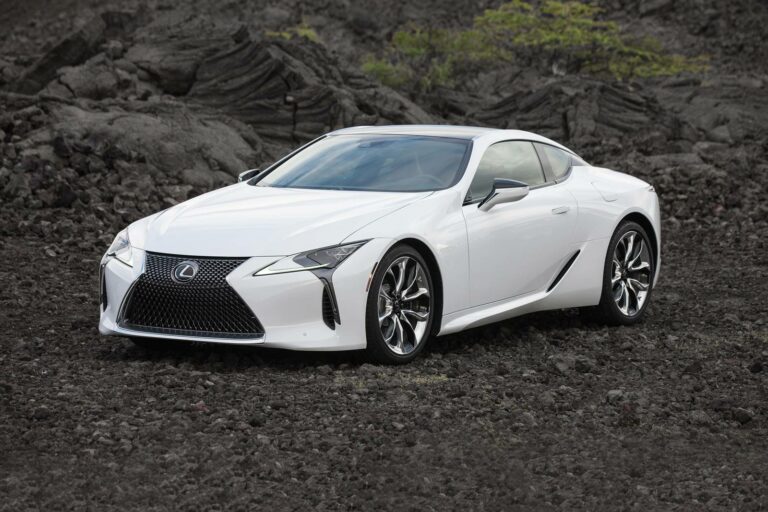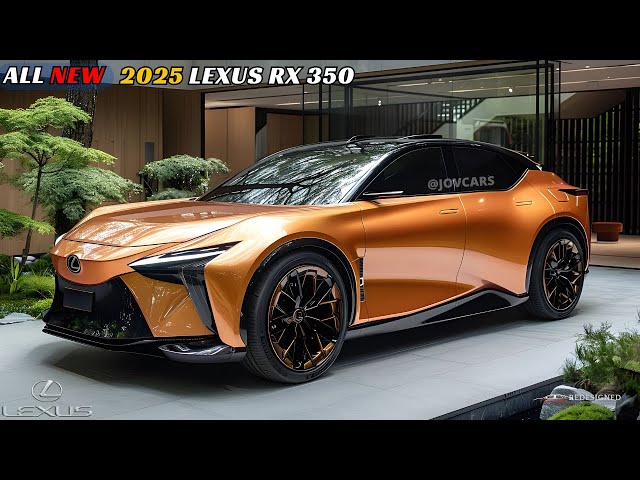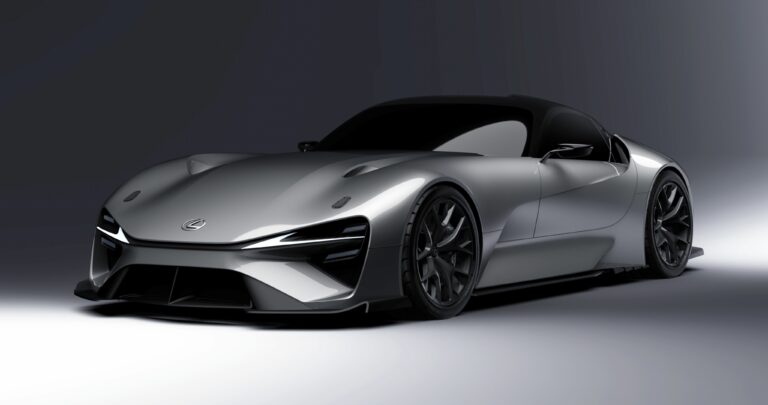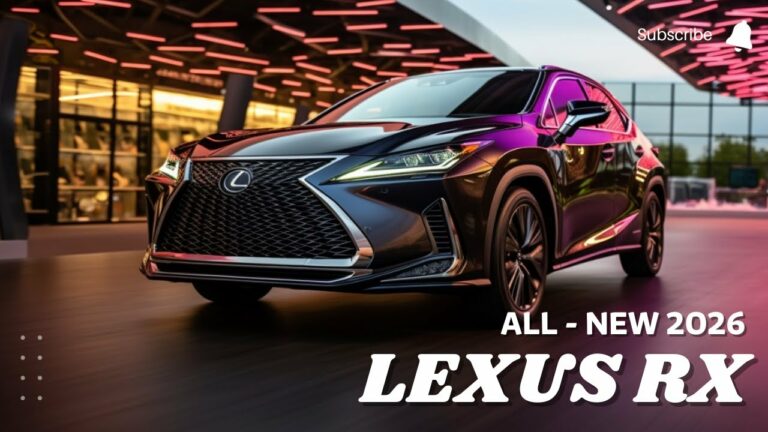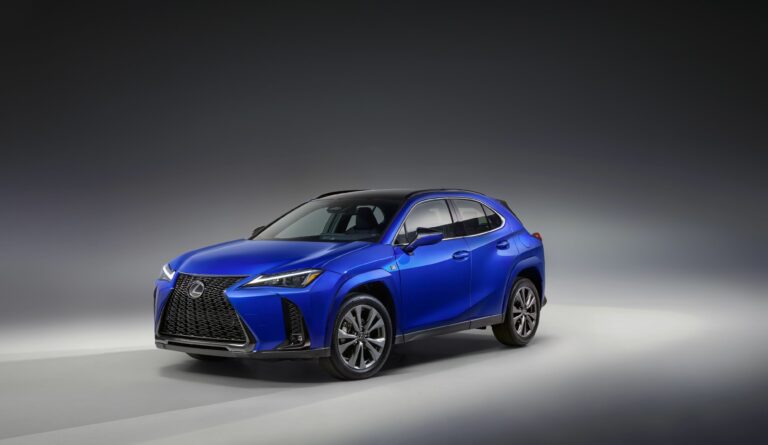Unveiling the 2025 Lexus EV Price: A Comprehensive Analysis
In the rapidly evolving automotive landscape, electric vehicles (EVs) have emerged as a driving force, reshaping the way we think about transportation. Lexus, renowned for its unwavering commitment to innovation and luxury, is poised to make a significant impact in this transformative era. As we eagerly anticipate the arrival of 2025, let’s delve into the intriguing world of the 2025 Lexus EV price, exploring the factors that will shape its trajectory and the strategies Lexus is employing to establish its position in the competitive EV market.
Lexus has already established a strong foothold in the EV segment with its current lineup, offering discerning consumers a compelling blend of performance, efficiency, and sophistication. As we look ahead to 2025, Lexus is expected to further expand its EV portfolio, introducing new models that cater to the evolving needs of luxury car enthusiasts. Understanding Lexus’s overall EV pricing strategy is crucial, as it will provide valuable insights into the brand’s long-term vision and competitive positioning.
Competitors’ EV Pricing

Lexus faces fierce competition in the luxury EV market from established automakers and emerging EV startups. Let’s delve into the pricing strategies of Lexus’s key rivals.
Tesla
Tesla, a dominant player in the EV market, offers a range of EV models with competitive pricing. The Model 3, its entry-level sedan, starts at £42,990, while the Model Y, a compact SUV, has a starting price of £44,990. Tesla’s premium sedan, the Model S, starts at £84,990, and the Model X, a luxury SUV, starts at £94,990.
Audi
Audi, a German luxury automaker, has entered the EV market with the e-tron range. The e-tron SUV starts at £59,950, while the e-tron Sportback, a more stylish variant, starts at £61,950. Audi also offers the e-tron GT, a high-performance electric sedan, starting at £95,850.
Mercedes-Benz
Mercedes-Benz, another German luxury automaker, has launched several EV models under its EQ sub-brand. The EQB, a compact SUV, starts at £53,995, while the EQC, a larger SUV, starts at £69,995. Mercedes-Benz also offers the EQS, a luxury sedan, starting at £95,995.
Lexus Pricing Comparison
Compared to its competitors, Lexus’s pricing strategy for the RZ 450e is in line with industry benchmarks. The RZ 450e starts at £57,900, which is comparable to the Audi e-tron SUV and the Mercedes-Benz EQB. However, it is slightly higher than the Tesla Model Y and lower than the Audi e-tron Sportback.
Market Demand and Trends
The demand for luxury EVs is on the rise, driven by factors such as increasing environmental awareness, government incentives, and technological advancements. According to a study by McKinsey & Company, the global luxury EV market is projected to grow at a CAGR of 25% from 2023 to 2030, reaching a market size of over $1 trillion by 2030.
In addition to the growing demand for EVs, there are several emerging trends and consumer preferences that are shaping the EV market. These include:
Consumer Preferences
- Increasing demand for EVs with longer ranges and faster charging times.
- Growing preference for premium and luxury EVs that offer a combination of performance, style, and technology.
- Growing interest in subscription-based EV ownership models that provide flexibility and convenience.
These factors are likely to influence Lexus’s EV pricing strategy in several ways. First, Lexus will need to ensure that its EVs offer competitive range and charging times to meet the growing demand for these features. Second, Lexus will need to develop premium and luxury EVs that appeal to the growing segment of consumers who are looking for high-end EVs. Finally, Lexus may need to consider offering subscription-based EV ownership models to meet the growing demand for flexibility and convenience.
Technology and Innovation

Lexus is renowned for its relentless pursuit of technological advancements, and this commitment extends to its EV development. The brand has earmarked substantial investments in research and development to drive innovation in EV technology, with a focus on enhancing performance, efficiency, and user experience.
These advancements are poised to influence the cost and performance of future Lexus EVs. For instance, ongoing research in battery technology holds the promise of increased energy density, enabling EVs to travel longer distances on a single charge. This could potentially reduce the overall cost of EV ownership by mitigating the need for frequent charging stops.
Battery Technology
- Investment in solid-state batteries offers higher energy density, potentially increasing EV range and reducing charging frequency.
- Research in ultra-fast charging technology aims to significantly reduce charging times, enhancing convenience for EV owners.
Powertrain Efficiency
- Development of more efficient electric motors and power electronics can improve overall EV performance and reduce energy consumption.
- Regenerative braking systems capture energy during deceleration, increasing EV range and reducing brake wear.
User Experience
- Advanced infotainment systems with intuitive interfaces and seamless connectivity enhance the driving experience.
- Integration of AI-powered driver assistance features promotes safety and convenience, potentially reducing the risk of accidents.
Government Regulations and Incentives
Government regulations and incentives play a crucial role in shaping the pricing of electric vehicles (EVs). Governments worldwide have implemented various measures to promote EV adoption, including tax credits, rebates, and emissions regulations.
These incentives can significantly reduce the upfront cost of EVs, making them more affordable for consumers. In addition, government regulations, such as zero-emission vehicle (ZEV) mandates, can create a demand for EVs, leading to increased production and lower prices.
Impact on 2025 Lexus EV Price
The 2025 Lexus EV will likely benefit from government regulations and incentives. Tax credits and rebates can reduce the price of the vehicle for consumers, making it more competitive with gasoline-powered vehicles.
Additionally, ZEV mandates in California and other states could increase demand for EVs, leading to economies of scale and lower production costs for Lexus.
Lexus’s Advantage
Lexus can leverage government regulations and incentives to its advantage by:
- Offering competitive lease and financing options that take advantage of tax credits and rebates.
- Partnering with governments and utilities to offer additional incentives to consumers.
- Advocating for policies that support EV adoption, such as ZEV mandates and infrastructure investment.
Questions and Answers
What is the expected price range for the 2025 Lexus EV?
While Lexus has not officially disclosed the price range for its 2025 EV, industry analysts predict it will be competitive within the luxury EV segment, likely starting in the mid to high $60,000 range.
How does Lexus’s EV pricing compare to its competitors?
Lexus’s EV pricing strategy is expected to align with its competitors in the luxury EV market, such as Audi, BMW, and Mercedes-Benz. Lexus aims to offer a compelling value proposition, balancing premium features, performance, and affordability.
What factors will influence the final pricing of the 2025 Lexus EV?
A combination of factors will shape the 2025 Lexus EV’s final pricing, including production costs, supply chain dynamics, technological advancements, government regulations, and market demand.


